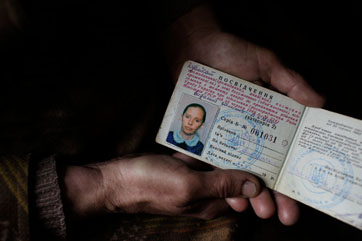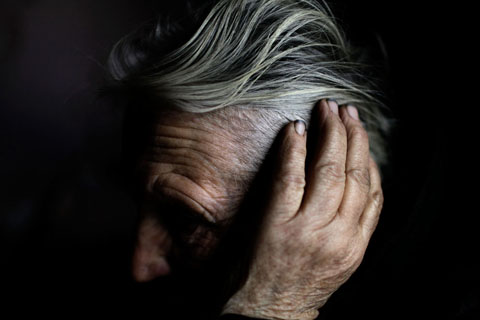BabyHeadCrab
The Freeman
- Joined
- Dec 2, 2003
- Messages
- 23
- Reaction score
- 602
Here's a photo article on the folks who remain near Chernobyl on the 25th anniversary of the nuclear disaster. Be sure to full screen some of the incredible photographs. The most moving photographs, to me, feature the old folks who seem to have just toughed the entire thing out, most of their close friends and family destroyed by the fallout. They farm the land and live independently. As the writeup mentions, a small church still remains... upheld by one person. In many ways life hasn't changed in Redkovka, Ukraine - 22 miles away from the epicenter of the disaster.



New York Times said:A Chernobyl card distributed by the Ukrainian government.

New York Times said:Lida Masanovitz rested after working in the field in Redkovka.
...Now, they rarely leave. Although a bus drives through, Ms. Markosian never saw anyone board.
“They don’t need to,” she said. “They have each other.” They also have a tiny grocery store that stocks bread, meat and vodka. Otherwise, they grow their own food.

